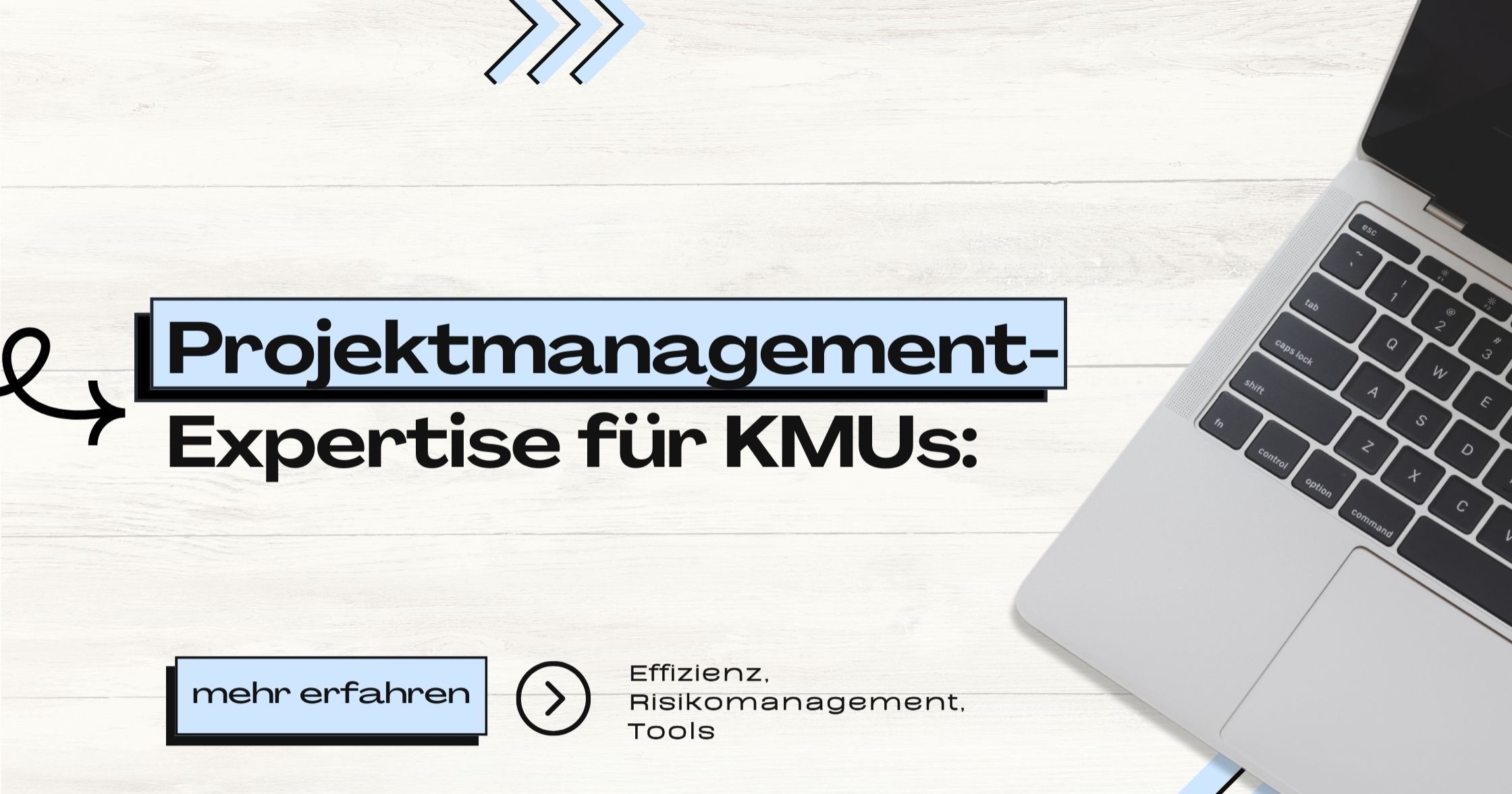Why Project Management Expertise is a Competitive Advantage for SMEs
Project management is often seen as the domain of large enterprises, but small and medium-sized enterprises (SMEs) can also greatly benefit from professional project management. In a dynamic market environment, effective project management not only ensures optimal resource utilization but also provides SMEs with a crucial competitive advantage.
What You Need to Know:
- Effective project management leads to clear goal setting and better resource planning.
- Agile methods enhance efficiency and allow for quick adaptation to market changes.
- Structured risk management prevents long-term financial damage.
- Well-planned projects improve customer satisfaction and accelerate time-to-market.
- The use of project management tools optimizes processes and reduces costs.
Challenges SMEs Face in Project Planning
SMEs encounter various challenges in project planning, including limited resources, lack of structure, and insufficient experience in project management. Professional project management is often underestimated, even though it can significantly enhance efficiency and competitiveness.
Clear Goal Setting and Better Resource Planning
Effective project management enables companies to define goals clearly and utilize resources optimally. This prevents resource wastage and team overload.
Efficiency Gains Through Agile Methods
Agile methods such as Scrum and Kanban help SMEs respond quickly to market changes and improve team collaboration. Real-world examples demonstrate the success of these methods.
Risk Management: Identifying Problems Before They Arise
Risk management is a crucial part of project management, especially for SMEs that often operate with limited resources and tight budgets. A structured risk management approach enables companies to identify and address potential issues early before they become serious obstacles. This can prevent long-term financial damage and ensure sustainable business development.
Importance of Structured Risk Analysis
A structured risk analysis begins with the systematic identification of risks that could impact a project. This includes internal factors such as resource shortages or technical challenges, as well as external factors like market changes or legal regulations. A thorough analysis allows companies to assess the likelihood and potential impact of these risks.
Strategies for Early Detection and Management of Challenges
- Risk Assessment and Prioritization: After identifying risks, they should be prioritized based on their significance and urgency. This helps teams focus their efforts on the most critical risks.
- Development of Risk Strategies: For each identified risk, clear strategies should be developed to avoid, mitigate, or effectively manage it if it occurs.
- Regular Review and Adjustment: Risks are dynamic and can change over the course of a project. Regular reviews and adjustments to risk strategies are essential for responding quickly to new threats.
- Team Involvement: Effective risk management requires collaboration across the entire team. Regular meetings and open communication raise awareness of risks and strengthen commitment to managing them.
How Risk Management Prevents Long-Term Financial Damage
Through proactive risk management and agile project management, SMEs can not only reduce the likelihood of project failures but also minimize the impact of unforeseen events. This not only protects the budget from unexpected burdens but also safeguards the company's reputation. In the long run, effective risk management contributes to the stability and sustainability of a business by ensuring that projects are completed on time and within budget.
A well-implemented risk management strategy, combined with agile project management, is not only a safeguard against losses but also a strategic advantage that helps SMEs succeed in a competitive environment.
Customer Satisfaction Through Professional Project Management
Well-planned projects lead to better products and services. Communication and transparency play a central role in customer retention, as successful SMEs demonstrate.
Competitiveness Through Faster Time-to-Market
Optimized project management shortens development times and provides SMEs with advantages in dynamic markets. Real-world examples show how SMEs became more innovative through project management.
Cost Reduction Through Structured Processes
Precise planning prevents budget overruns, and automated workflows reduce manual errors. Project management tools help maintain control over finances.
Scalability: From Start-up to Established Business
SMEs with a solid project management structure can scale more easily. Scalable processes are essential for expansion and sustainable growth.
Digital Project Management: The Best Tools for SMEs
In the digital age, the use of project management tools is essential for SMEs to increase efficiency and transparency. These tools not only help plan and monitor projects but also improve team communication and automate processes. SMEs have access to a variety of tools that can be selected based on their specific needs. Here are some of the best project management tools for SMEs:
| Tool | Description | Key Features | Best for |
|---|---|---|---|
| Trello | A visual tool based on cards and boards for organizing tasks. | Task management, checklists, labels | Small to medium teams |
| Asana | Provides comprehensive project planning with tasks, subtasks, and deadlines. | Task management, scheduling, reporting | Teams requiring structured planning |
| Jira | A powerful tool particularly suited for IT project management. | Bug tracking, Scrum and Kanban boards | IT teams and software development projects |
| Slack | A communication platform that enables real-time collaboration. | Messaging, channels, integrations | Teams working remotely |
These tools are not only user-friendly but also scalable, allowing SMEs to grow with them. Choosing the right tool should be based on the company's specific requirements and work style. By integrating these tools into daily operations, SMEs can manage projects more efficiently and boost productivity.
Project Management as the Key to Sustainable Success
SMEs benefit in the long run from professional project management. Continuous improvement and team training are crucial. The North IT Group supports SMEs in establishing effective project management.
Image source: canva.com



